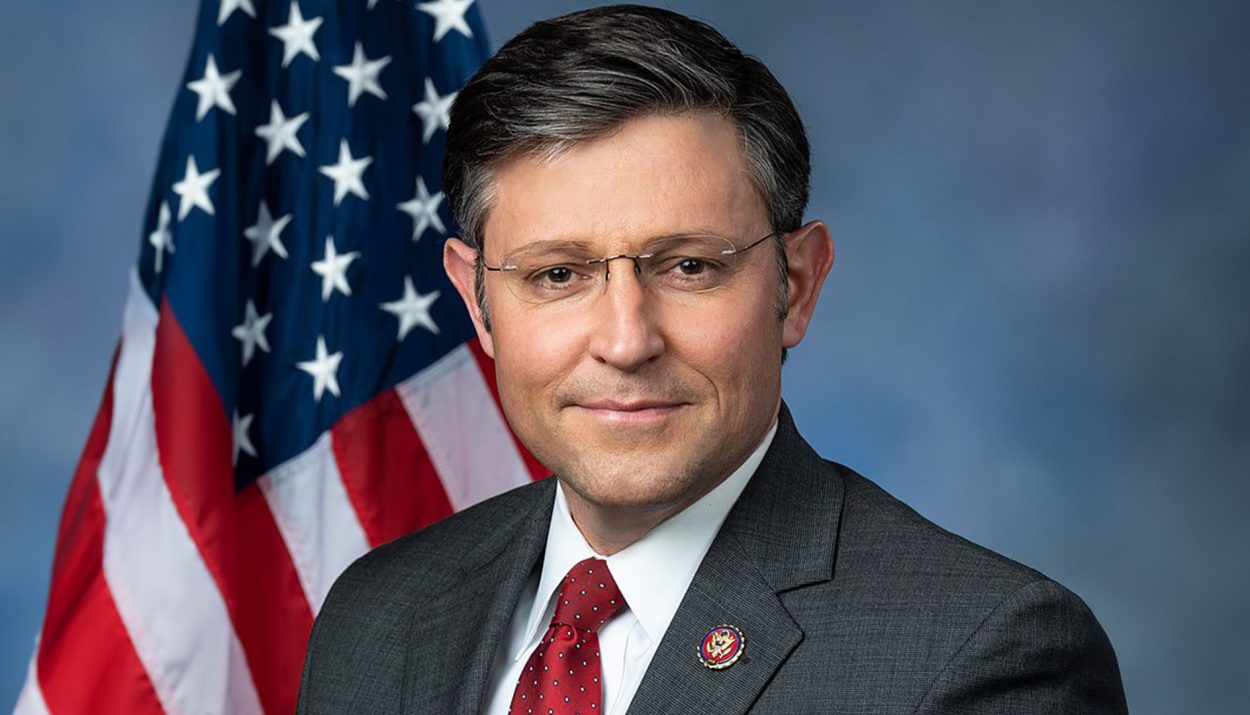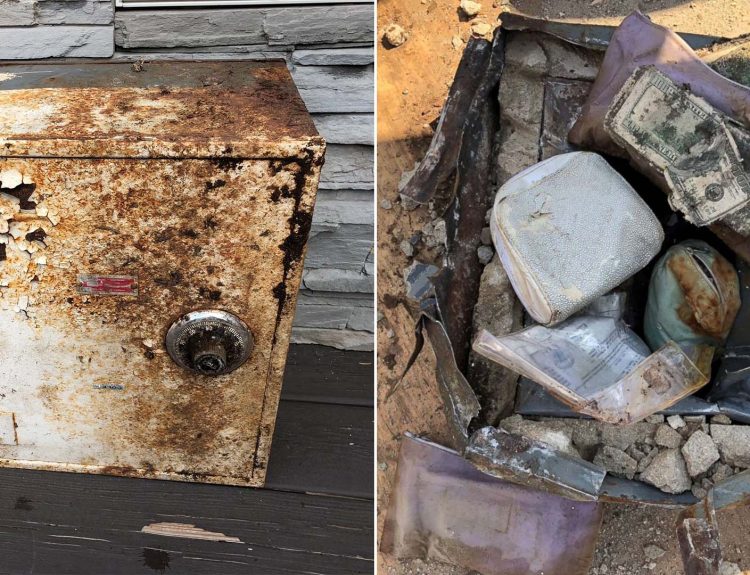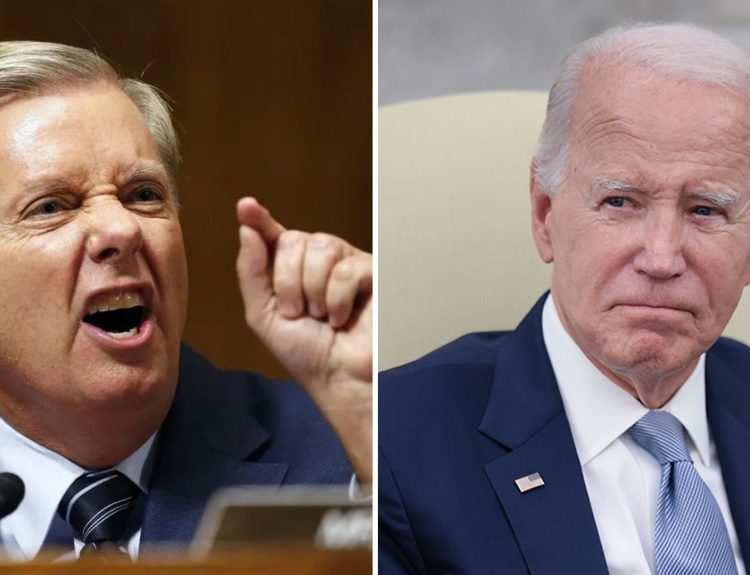The delayed military aid to Ukraine, recently struck by another deadly Russian missile attack, has become a crucial matter of life and death.
Prime Minister of Poland Donald Tusk urgently pressed Speaker of the House Mike Johnson for action after visiting the White House, warning that the Republican’s failure to allow a vote on the $60 billion aid package could cost thousands more lives. Tusk’s pleas grew more intense after news broke of the strike on Odessa that killed at least 20, pointing to the attack as evidence that there is no time to waste in the political battle.
Johnson Dismisses Lifesaving Aid as ‘Dead on Arrival‘
In February, Speaker of the House Mike Johnson dismissed a bipartisan Senate proposal to provide military and humanitarian aid to Ukraine, Israel, and Taiwan as “dead on arrival.”
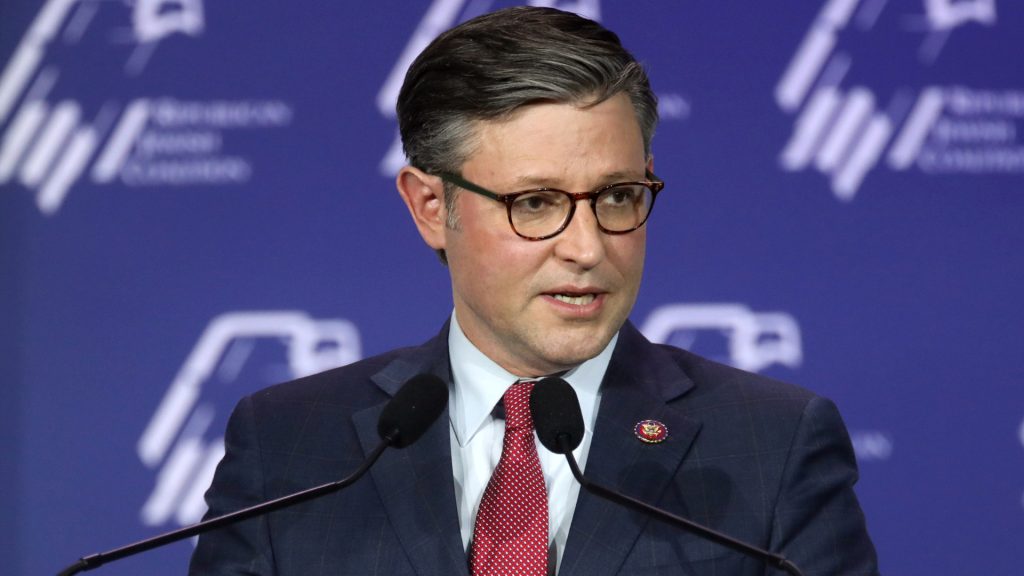
He objected that the bill lacked provisions for increased border security, stating: “In the absence of having received any single border policy change from the Senate, the House will have to continue to work its own will on these important matters.”
Separate Aid Bills Under Consideration
This week, Speaker Johnson indicated that aid to Ukraine and Israel could come up for votes as separate bills, saying splitting them into two bills is “under consideration.”

However, passing two bills would require the House to approve each bill twice and the Senate to vote on each bill, a lengthy process that could delay the delivery of urgently needed aid.
‘Fate of Millions’ at Stake, Warns Polish PM
Polish Prime Minister Donald Tusk, after meeting with President Biden this week, warned Johnson that failing to allow a vote on $60 billion in military aid to Ukraine would cost “the fate of millions of people” and “thousands of lives.”
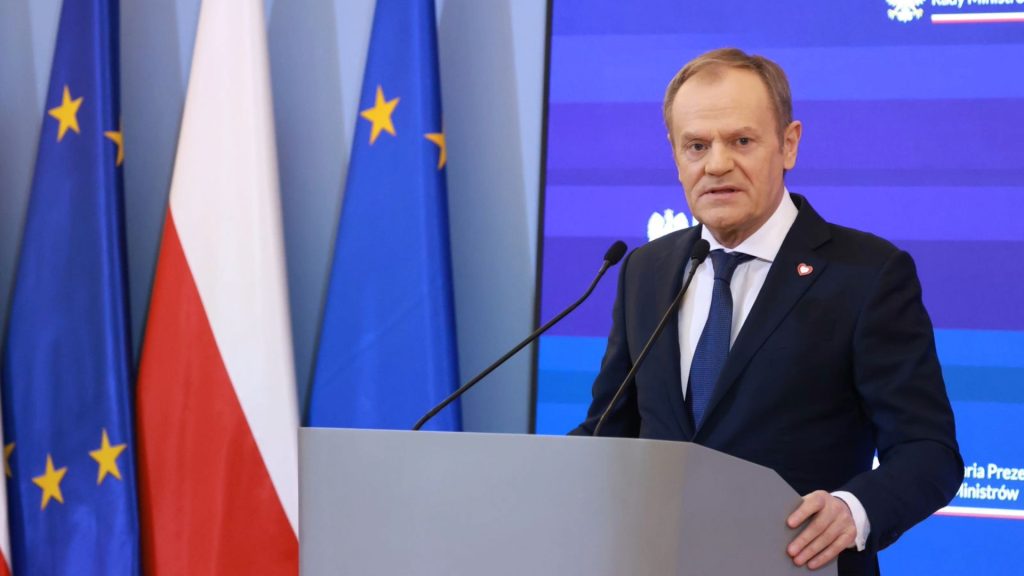
Tusk told reporters: “This is not some political skirmish that (only) matters on the American political scene. Mr Johnson’s failure to make a positive decision will cost thousands of lives. He takes personal responsibility for that.”
Odessa Strike Highlights Need for Swift Action
Yesterday’s Russian missile strike on the Ukrainian city of Odesa, which killed at least 20 civilians, underscored the urgency of the situation.
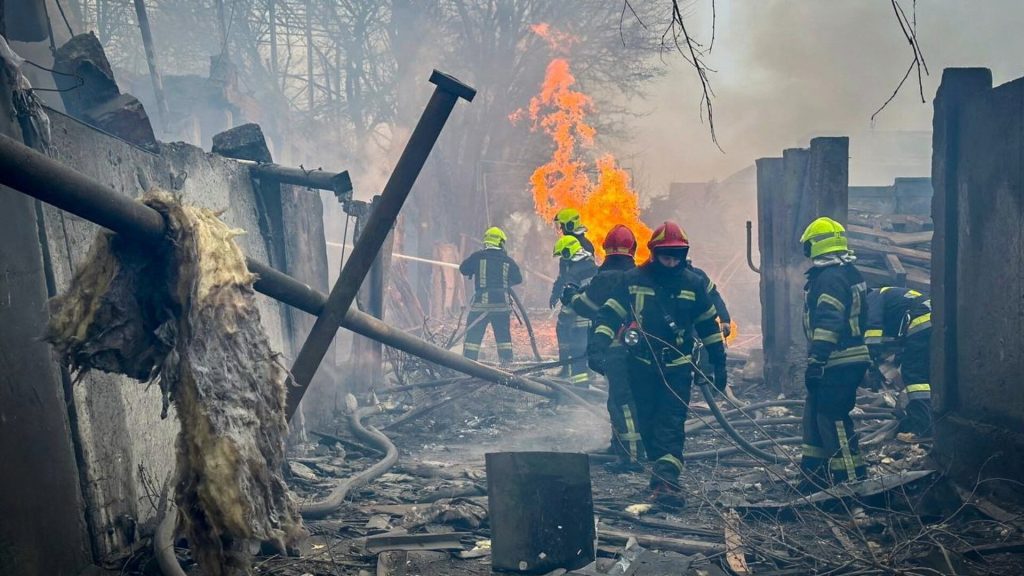
In a plea to Johnson following the attack, Tusk wrote: “Look at Odessa, Speaker Johnson! How many more arguments do you need to make a decision?” The strike on Odessa highlights the mortal costs of further delay in approving military aid and the moral imperative for Speaker Johnson and Congress to act with haste.
Eastern Europe Allies Voice Concern
In addition to Tusk, leaders of Baltic states and other Eastern European allies have voiced concern over the delayed military aid.
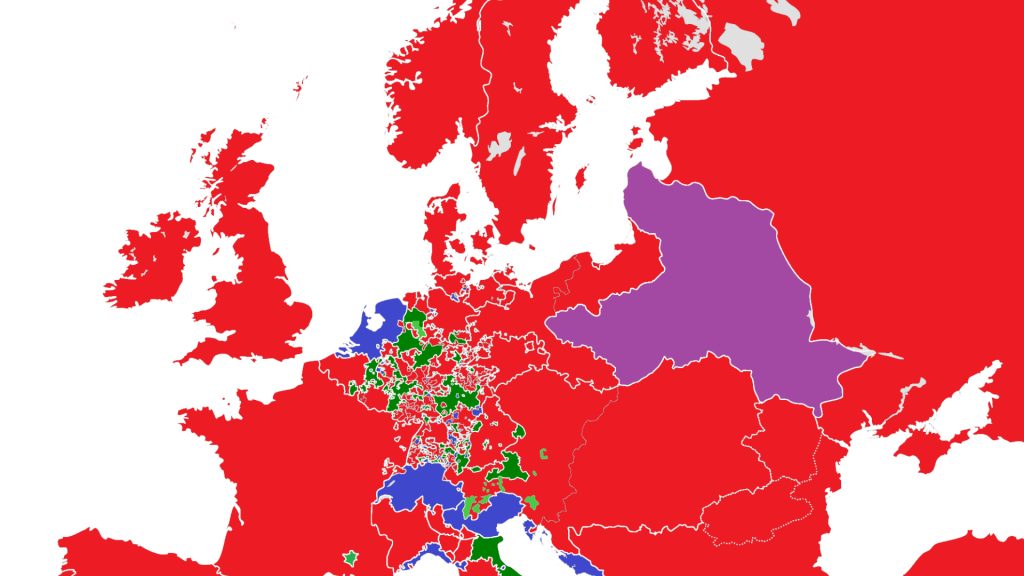
Russian President Vladimir Putin remains popular in Ukraine despite his military interventions there, and some analysts worry delayed aid could undermine the pro-Western government in Kyiv.
President Biden Asks Johnson To Allow Vote
President Biden, who met with Tusk this week, has also urged Johnson to allow a vote on the Ukraine aid.

The situation remains fluid, and the final outcome is difficult to predict.
Mounting Pressure from Both Sides of The Political Spectrum
Tusk’s dire warnings have increased pressure on Johnson from both Democrats and Republicans to stop blocking the aid bill. Several GOP representatives have broken with Johnson and called for an immediate vote.
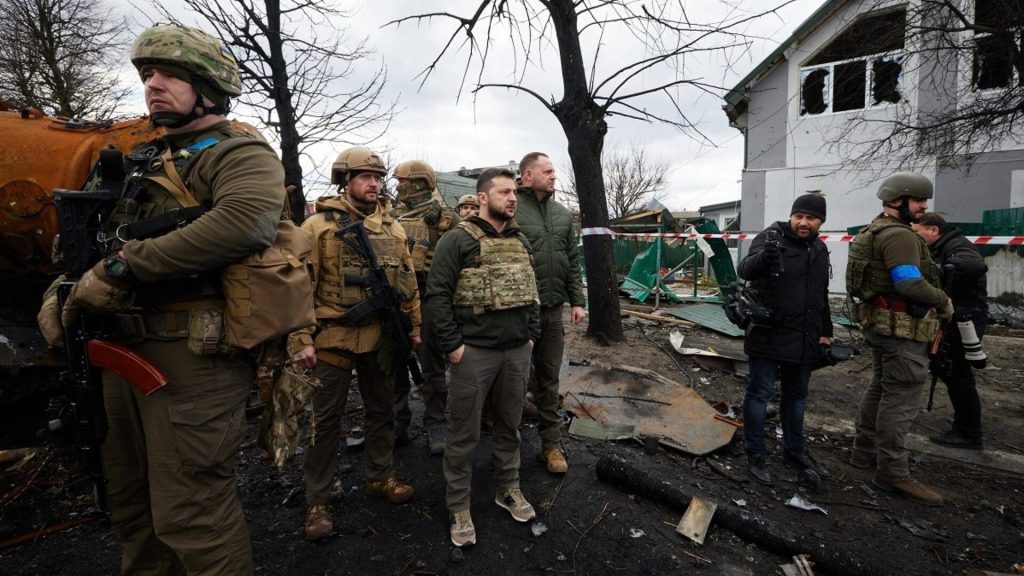
However, Johnson remains defiant, insisting that border security provisions must be included. With Tusk framing the issue as a moral imperative, Johnson risks appearing indifferent to human suffering if he stalls.
A Matter of National Security
Ukraine’s sovereignty has direct implications for Poland’s security and regional stability. Should Ukraine fall, my nation and others in Eastern Europe would be vulnerable.

By weakening Ukraine, the entire transatlantic alliance is weakened and strengthens the geopolitical position of authoritarian regimes like Russia’s.
What’s in the Stalled $60 Billion Aid Package to Ukraine?
The vast majority, $50 billion, would go to Ukraine to provide lethal defensive aid, counter Russian aggression, and support Ukraine’s democracy and reforms.
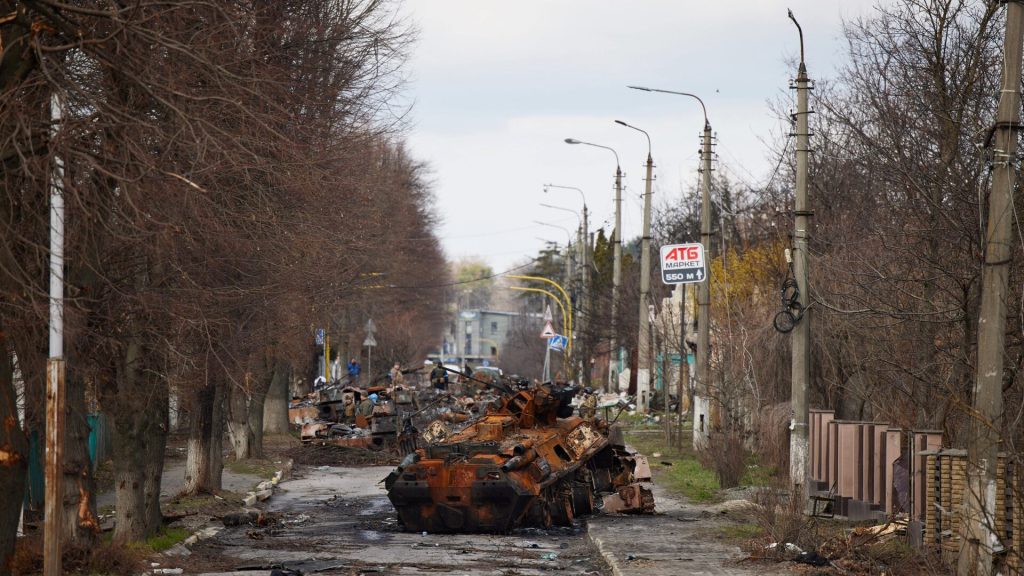
Nearly $4 billion would provide Ukraine lethal defensive weapons like Javelin anti-tank missiles, coastal defense systems, and air defense systems to counter Russia’s military edge.
$16 Billion for Economic Support
Over $16 billion would support Ukraine’s democratic and free market reforms, anti-corruption efforts, and energy security.

Funds would also promote trade, private sector growth, and agriculture. Additional economic support, $3 billion, would provide loan guarantees to Ukraine.
$2 Billion for Democracy Programs
Nearly $2 billion would support Ukraine’s democratic institutions like civil society, independent media, rule of law, and human rights organizations.
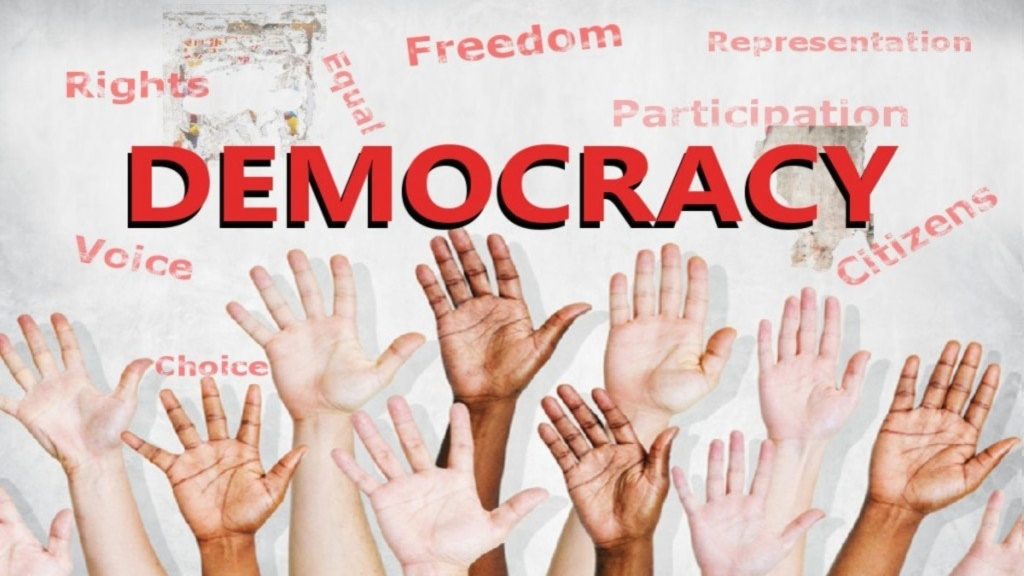
Additional funds would support election security and administration to counter Russian interference.
$5 Billion for Energy Security
Nearly $5 billion would reduce Ukraine’s dependence on Russian energy by supporting energy efficiency, renewable energy, nuclear safety, and electricity transmission infrastructure.
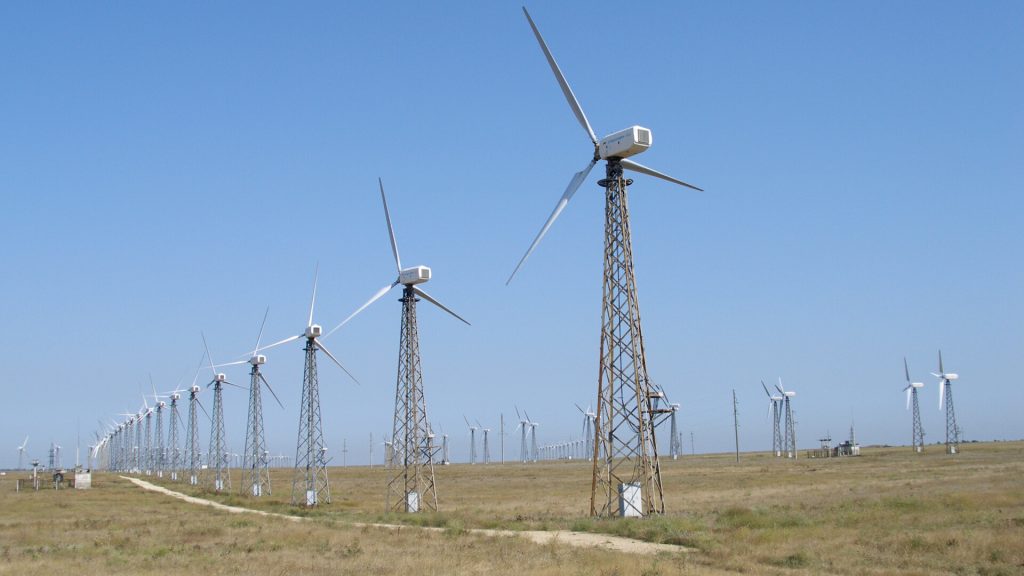
The fate of Ukraine’s democracy and territory depends on Johnson allowing a vote on this critical aid. The Speaker must look beyond partisan concerns and consider the human cost of further stalling this aid.
Other Congressional Roadblocks
Certain Congress members argue that funds and resources should instead be directed to address domestic issues or that the U.S. should avoid foreign entanglements.
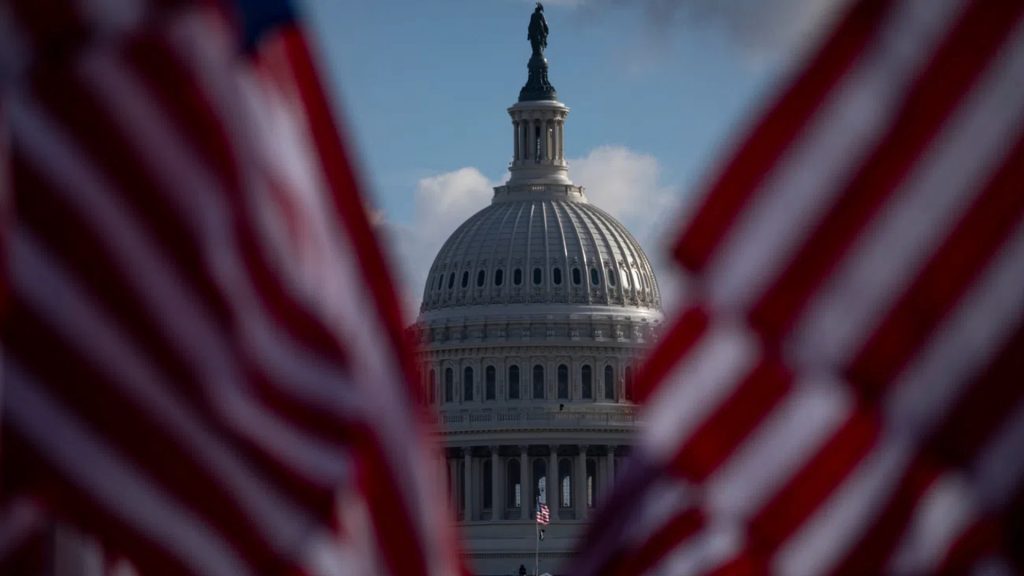
There are disagreements over the specifics of any aid package, including the types and amounts of military equipment or the scope and duration of financial support.
The Aid is A Life-or-Death Situation
Resolving these disputes to allow aid to reach Ukraine promptly could mean the difference between life and death for many innocent civilians as Russian aggression continues.

As Tusk urged, the fate of Ukraine depends upon overcoming political roadblocks and passing legislation providing substantial support. Every day that passes without action, Russia gains ground, and Ukraine loses lives.

